Health
California changed rules for a track
SACRAMENTO, Calif. (AP) — California is opening up its high school track-and-field championship to more girls after a transgender athlete drew controversy for qualifying for the meet. The California Interscholastic Federation says it will allow one extra competitor in three events featuring high school junior AB Hernandez, who is trans. The group announced the temporary […]
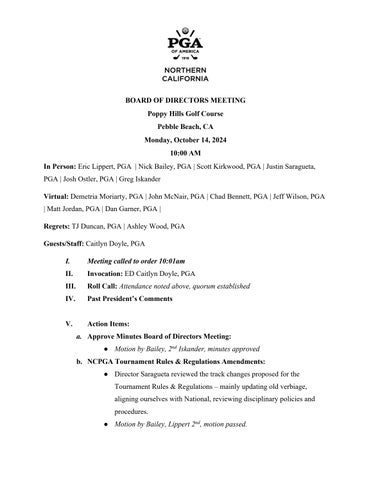


SACRAMENTO, Calif. (AP) — California is opening up its high school track-and-field championship to more girls after a transgender athlete drew controversy for qualifying for the meet.
The California Interscholastic Federation says it will allow one extra competitor in three events featuring high school junior AB Hernandez, who is trans. The group announced the temporary rule change Tuesday after President Donald Trump criticized her participation in a social media post, though the group said it decided on the rule change before that.
Here’s what to know:
Advertisement
Advertisement
State law lets trans athletes compete
Former California Gov. Jerry Brown signed a law in 2013 allowing students to participate in sex-segregated school programs, including on sports teams, and use bathrooms and other facilities that align with their gender identity.
A Republican-led effort to block that law failed recently in the Democratic-dominated Legislature. Another proposal that also failed would have required the federation to ban students whose sex was assigned male at birth from participating on a girls school sports team.
Bill Essayli, a Trump-appointed federal prosecutor for the Central District of California, announced an investigation Wednesday into the federation and the Jurupa Unified School District, which includes Hernandez’s high school, to determine whether federal sex discrimination law was violated by allowing trans girls to compete in girls’ sports.
Advertisement
Advertisement
Federation announces rule change
The federation said it was launching a “pilot entry process” to allow more girls to participate in the championship track-and-field meet. It only applies to the three events in which Hernandez is competing: triple jump, long jump and high jump.
The group says “biological female student-athletes who would have earned the next qualifying mark” at the recent qualifying event have been invited to participate in the championships. The rule change may be the first attempt nationally by a high school sports governing body to expand competition when trans athletes are participating.
If a transgender athlete medals, their ranking would not displace a “biological female” student from medaling, the federation confirmed. In high jump, triple jump and long jump, a “biological female” who would have earned podium placement will get the medal for that place and will be reflected in the records, the federation said.
Advertisement
Advertisement
The federation did not specify how they define “biological female” or how they would verify whether a competitor meets that definition.
More in U.S.
Experts from the American Medical Association, American Psychiatric Association and American Psychological Association say gender is a spectrum, not a binary structure consisting of only males and females.
Backlash centers on one student
Hernandez won the long jump and triple jump during qualifying events and is expected to perform well this weekend. She also set a triple jump meet record at the Ontario Relays earlier this year.
Critics have accused her of having an unfair advantage over other athletes.
Advertisement
Advertisement
Hernandez told the publication Capital & Main earlier this month that she couldn’t worry about the critics who have called out her participation and heckled her at postseason meets.
“I’m still a child, you’re an adult, and for you to act like a child shows how you are as a person,” she said.
She noted that she has lost some of her events, saying that disproved arguments that she can’t be beat.
Rule change prompts criticism
The rule change may discriminate against transgender athletes, said Elana Redfield, a policy director at the UCLA School of Law Williams Institute, which researches sexual orientation and gender identity policies.
Advertisement
Advertisement
“The CIF policy creates two sets of rules — one for transgender girls, who must earn a place through traditional measures of competition, and another for ‘biological females,’ some of whom are allowed an extra chance to earn a spot,” Redfield said in an email.
The change seems to “thread a fine needle” by trying to ensure cisgender girls aren’t denied a competition slot while still allowing trans athletes to participate, Redfield said.
Doriane Lambelet Coleman, a professor at Duke Law School, said the change would help ensure that “no female athlete loses a place on a team or in a competition when a trans girl is included.”
“Unlike inclusion policies that ignore sex differences, doing it this way doesn’t gaslight the other girls about their biology,” said Coleman, who has researches subjects including children, sports and law and wrote recently on the evolving definition of sex.
Advertisement
Advertisement
Izzy Gardon, a spokesperson for California Gov. Gavin Newsom, called the rule change “a reasonable, respectful way to navigate a complex issue without compromising competitive fairness” and said the governor thought it was a thoughtful approach. Newsom angered some liberal allies earlier this year when he questioned the fairness of transgender girls participating in girls’ sports.
___
Associated Press writer Janie Har in San Francisco contributed.
___
Austin is a corps member for The Associated Press/Report for America Statehouse News Initiative. Report for America is a nonprofit national service program that places journalists in local newsrooms to report on undercovered issues. Follow Austin on X: @sophieadanna
Health
India Tops Global Doping Violations List for 2023 with 214 Cases, Govt Moves to Amend …
India has topped the World Anti-Doping Agency’s (WADA) global doping violations list for 2023, registering 214 Adverse Analytical Findings (AAFs) from 5,606 samples a positivity rate of 3.8%, the highest among countries with over 1,000 tests. This troubling development has sparked concern among athletes, officials, and sports fans, prompting the Ministry of Youth Affairs and […]


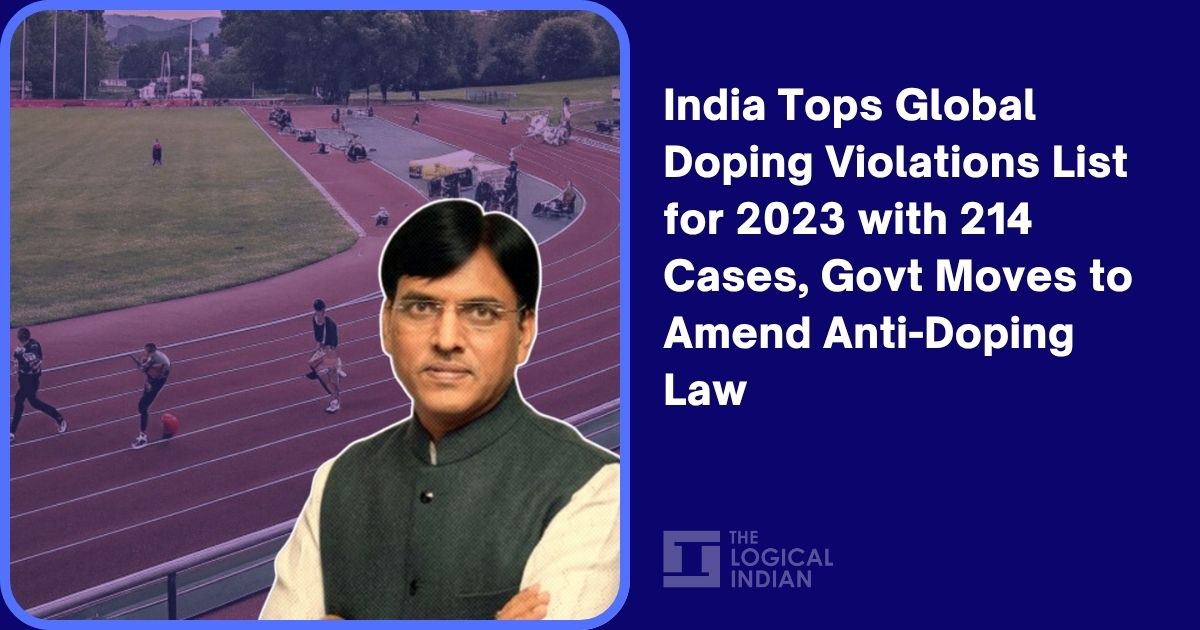
India has topped the World Anti-Doping Agency’s (WADA) global doping violations list for 2023, registering 214 Adverse Analytical Findings (AAFs) from 5,606 samples a positivity rate of 3.8%, the highest among countries with over 1,000 tests.
This troubling development has sparked concern among athletes, officials, and sports fans, prompting the Ministry of Youth Affairs and Sports to announce a renewed crackdown on doping. The government is set to amend the National Anti-Doping Bill and ramp up testing and awareness campaigns in a bid to restore the integrity of Indian sports.
India’s Doping Challenge: Numbers, Reactions, and Human Impact
According to WADA’s 2023 report, India surpassed nations like China, the USA, France, Germany, and Russia in doping violations, with 214 positive cases detected. Of the 5,606 samples collected, nearly half were during competitions, and the 3.8% positivity rate is significantly higher than China’s 0.2% and the USA’s 1.0%.
The National Anti-Doping Agency (NADA) has increased its testing efforts, collecting more samples than ever before. “Any amount of doping is unacceptable but we have to acknowledge that our testing is vigorous and with every year the sample size is increasing.
With our aggressive awareness campaigns, we intend to bring the numbers down in the next two years,” a Sports Ministry official told the media. Many athletes, meanwhile, have voiced frustration that the actions of a few are tarnishing the hard-earned reputations of the wider sporting community.
The news has also led to calls for better education and support for young and grassroots athletes, who are often most vulnerable to inadvertent violations.
Policy Overhaul: Legislative Changes and New Initiatives
In response to the alarming report, the Sports Ministry has revived and amended the National Anti-Doping Bill 2022. The revised legislation, soon to be tabled in Parliament, will drop the criminalisation of athlete involvement with doping syndicates, following WADA’s objections.
The proposed National Board for Anti-Doping in Sports has also been scrapped to avoid excessive government interference. Instead, the focus will shift to stricter penalties, enhanced testing, and robust education for athletes and coaches.
The Ministry is also pushing digital tools like the “Know Your Medicine” app, designed to help athletes check substances and avoid accidental violations. “We are determined to fight doping. It is not acceptable. That’s why we have increased the sample size every year. If you see the result, there is a decline in the rate over the last few years from over 5 per cent to three per cent. We have been transparent in our policy,” a senior official stated.
The government’s multi-pronged approach aims to balance deterrence with education and support, acknowledging that lasting change will require both systemic reform and cultural transformation.
The Logical Indian’s Perspective
India’s repeated appearance at the top of the WADA doping list is a sobering moment for the nation’s sporting community. While stricter enforcement and legislative changes are necessary, the real solution lies in building a culture of integrity, transparency, and empathy.
It is vital to support athletes not just with testing and penalties, but with education, mental health resources, and guidance especially for those at the grassroots who may lack access to information or support. True sporting greatness is rooted in fairness, discipline, and respect for the rules. As a society, how can we collectively support our athletes to compete clean and uphold India’s sporting honour?
Health
Olympic hero Camille Cheng to bring IOC mental health mission back to Hong Kong
Hong Kong Olympic hero Camille Cheng Lily-mei’s work outside the pool was recognised by the International Olympic Committee (IOC) earlier this month, when she was named one of the body’s first mental health ambassadors. Advertisement Cheng, who has represented Hong Kong at three Olympic Games, travelled to Lausanne, Switzerland, for the IOC Consensus Meeting on […]


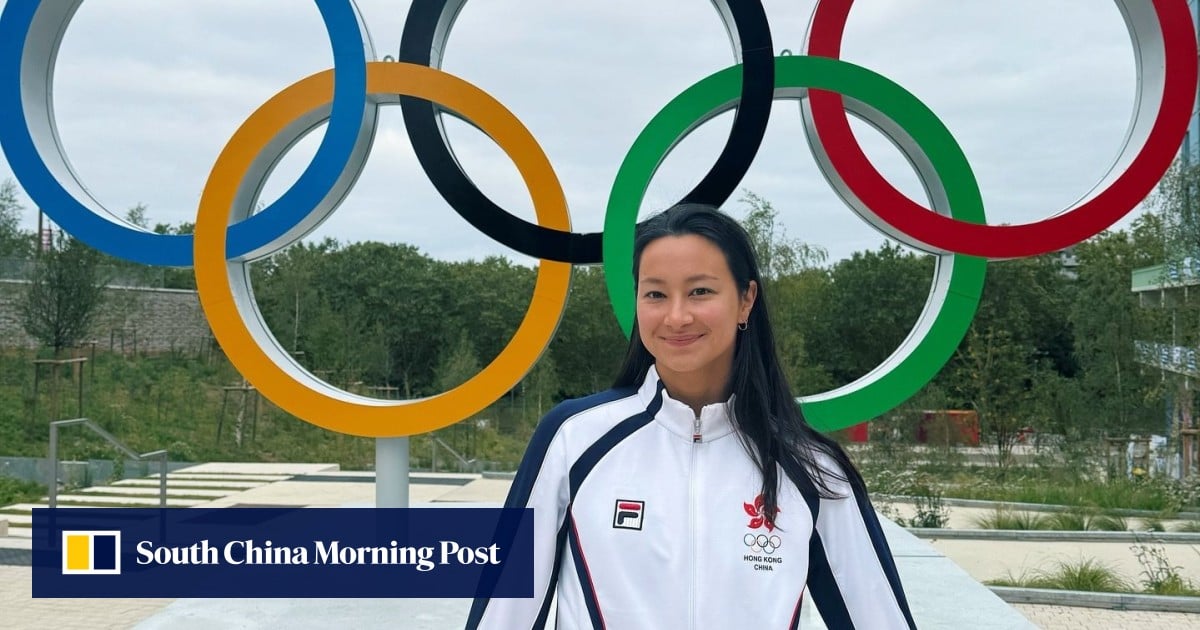
Hong Kong Olympic hero Camille Cheng Lily-mei’s work outside the pool was recognised by the International Olympic Committee (IOC) earlier this month, when she was named one of the body’s first mental health ambassadors.
Advertisement
Cheng, who has represented Hong Kong at three Olympic Games, travelled to Lausanne, Switzerland, for the IOC Consensus Meeting on Mental Health for Elite Athletes in early June after being invited to serve as the female representative for Asia.
The IOC’s mental health ambassador scheme is a new initiative aimed at putting athletes’ voices and lived experiences at the centre of efforts to address mental health challenges and disorders in elite sport.
Cheng is the co-founder of Hong Kong-based mental health charity Mind the Waves.
“There’ll be 12 representatives: a female representative and a male representative from the Americas, Asia, Oceania, Europe, Africa, and then two more,” Cheng said.
“It is up to the ambassador to be very proactive in how we bring what the IOC is doing in this space to our own region.
Advertisement
Health
Powell Selected to Participate in MLB Breakthrough Series for Second Consecutive Year
Story Links BOWIE, MD — Bowie State University head softball coach Ed Powell has been selected to participate in the MLB Breakthrough Series, held at the Kansas City Urban Youth Academy from Saturday, June 21 through Thursday, June 26 in Kansas City, Mo. This marks the second consecutive year Powell has received this prestigious invitation. “I’m […]
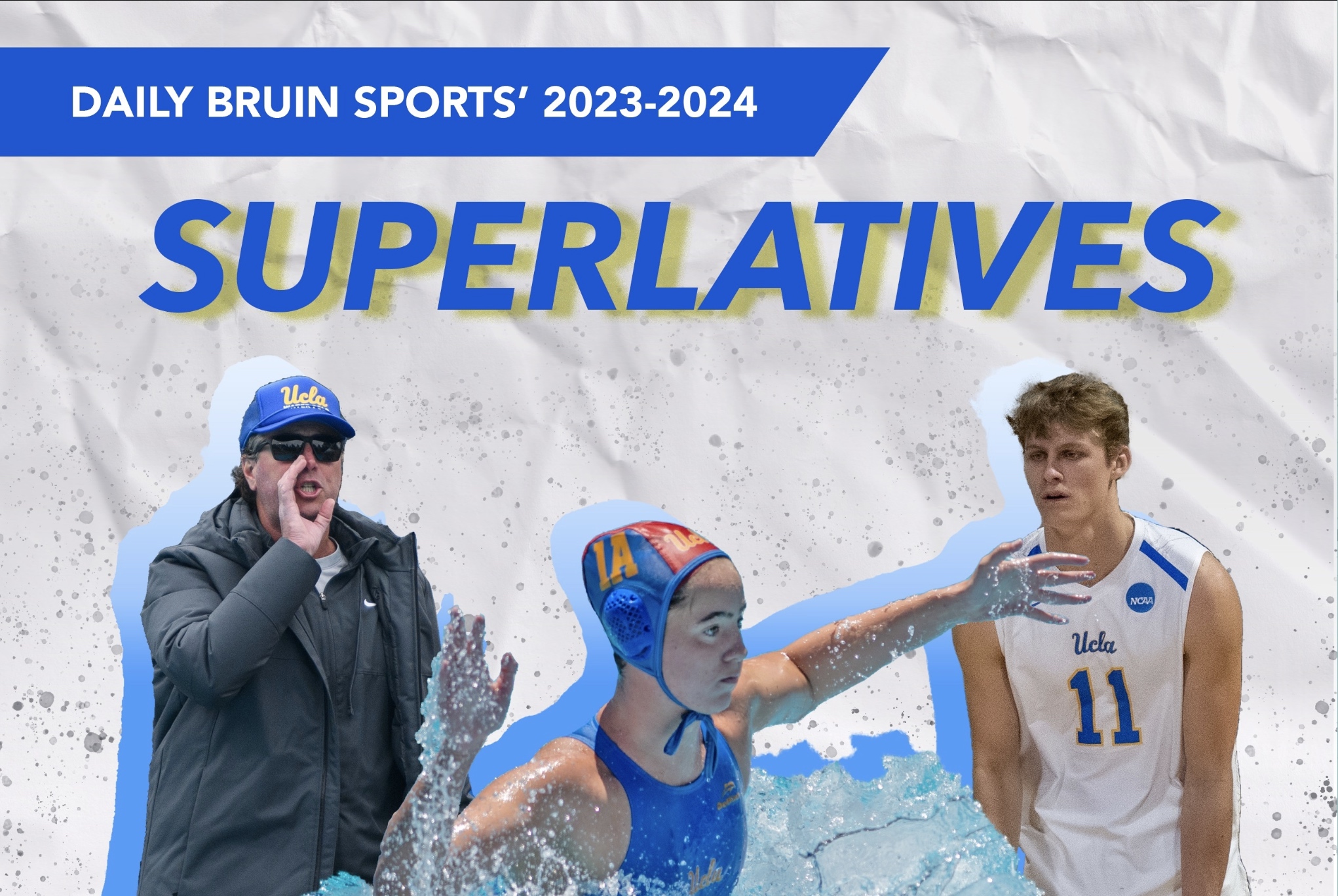
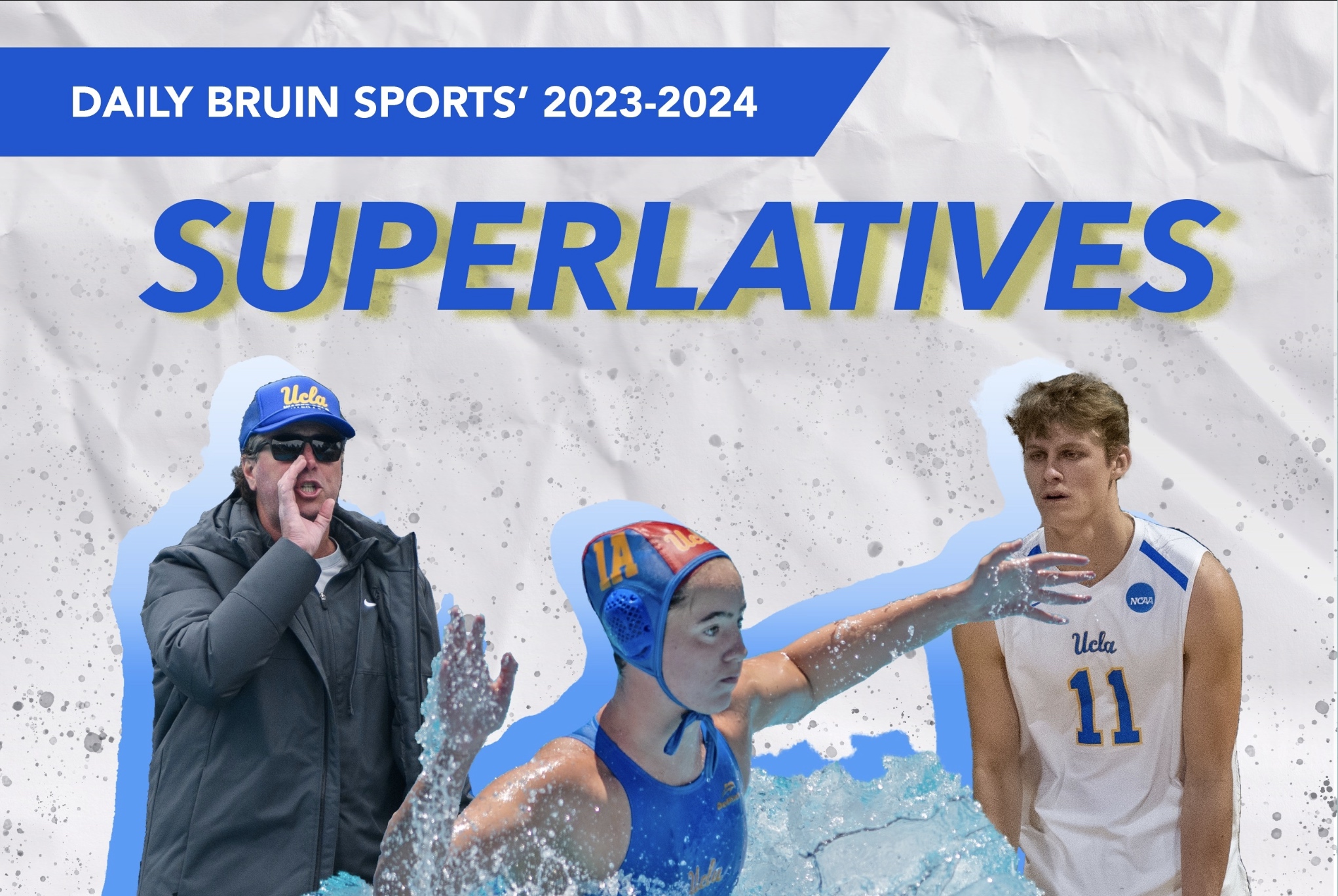

BOWIE, MD — Bowie State University head softball coach Ed Powell has been selected to participate in the MLB Breakthrough Series, held at the Kansas City Urban Youth Academy from Saturday, June 21 through Thursday, June 26 in Kansas City, Mo. This marks the second consecutive year Powell has received this prestigious invitation.
“I’m truly honored to be part of the MLB Breakthrough Series once again,” said Powell. “This program is so much more than a showcase, it’s an opportunity to empower and uplift some of the most talented and dedicated young softball players in the country. Helping these athletes grow not just on the field, but as leaders and individuals, is what makes this experience so meaningful. It’s a privilege to contribute to a platform that opens doors and leaves a lasting impact on their lives.”
Powell will be one of two head coaches from the Central Intercollegiate Athletic Association (CIAA) selected to participate in the Breakthrough Series, joining Bluefield State head coach Chelsea Holliday.
About Softball Elite Development Invitational
The Elite Development Invitational is a multi-day, 18 and under training camp that features intense on-field softball development and game play along with various off-field development sessions covering topics such as college recruiting, mental health and women in sports.
The event is coached by current and former USA Softball Women’s National Team athletes, professional softball players and college coaches. Participants represent some of the top athletes from the MLB Youth Academy and Nike RBI network.
For more information about the MLB Breakthrough Series, please click HERE.
For the most up-to-date information on Bowie State Athletics and its 13 varsity sport teams, visit bsubulldogs.com.
Health
Letting Transgender Kids Play Sports Can Benefit All Kids
President Donald Trump’s raft of anti-LGBTQ+ executive orders affects many aspects of the lives of LGBTQ+ people, including their sports participation, access to healthcare, and ability to serve in the military. One executive order seeking to ban transgender athletes from participating in girls’ and women’s sports, is surprisingly picking up some Democratic support. Recently, Senator […]



President Donald Trump’s raft of anti-LGBTQ+ executive orders affects many aspects of the lives of LGBTQ+ people, including their sports participation, access to healthcare, and ability to serve in the military.
One executive order seeking to ban transgender athletes from participating in girls’ and women’s sports, is surprisingly picking up some Democratic support. Recently, Senator Ruben Gallego, a Democrat from Arizona said banning trans students from girls’ and women’s school sports might be “legitimate” and argued that trans girls put cisgender girls at risk during sporting events. However, this is a damaging myth that fuels anti-trans stigma, harassment, intimidation, and discrimination and reinforces misogynistic stereotypes that girls are weak and need protection.
Advertisement
It’s not the first time a Democrat has capitulated to Republican anti-trans messaging. In Oct. 2024, during his long-shot attempt to unseat Senator Ted Cruz in Texas, Democrat Colin Allred released a campaign ad in which he seemed to oppose the participation of trans girls in sports. And in March 2025, California Governor Gavin Newsom, speaking on the first episode of his new podcast “This Is Gavin Newsom,” said it was “deeply unfair” for trans athletes to participate in women’s sports.
We are not totally naïve—we get why a handful of Democrats are joining Republicans in wanting to ban trans kids from participating in sports teams consistent with their gender identities. These democratic legislators likely think their stance will appeal to “centrist” voters; recent public polling suggests that about two-thirds of U.S. adults support such bans. But we still firmly believe that such bans are misguided, harmful, and built on falsehoods, perpetuating harmful stereotypes and inequities.
Advertisement
Democrats should not be willing to throw transgender kids under the bus just for electoral considerations. Trans kids face higher rates of multiple physical and mental health difficulties than their cis peers—largely due to how our society treats the transgender community. But when they’re allowed to play sports, these rates fall. What’s more, states with policies allowing trans girls to play sports have seen increased rates of sports participation by cis girls. In other words, letting trans girls play sports benefits all girls. Shouldn’t politicians be championing the benefits of sport for all?
To understand why such bans are damaging, let’s back up and consider the lives of trans youth. A study by the Williams Institute at UCLA School of Law estimates that there are about 300,100 trans kids (ages 13-17) in the U.S., making up just 1.4% of all youth in that age range. The Center for American Progress notes that trans youth face “high rates of family rejection, violence, discrimination, and suicidality.” Suicidality is shockingly common: the Centers for Disease Control conducts a national survey of high school students every two years to explore health-related behaviors, called the Youth Risk Behavior Survey (YRBS), and the 2023 survey found that 53.8% of trans youth had seriously considered suicide, compared to 20.4% of the general youth population. Research has shown that trans kids are also at increased risk of depression, anxiety, substance misuse, and impaired quality of life.
Advertisement
The good news is that sports can be a real lifeline. The research is clear: when trans youth are allowed to participate in sports, these mental health risks fall. For example, trans students in states with fully inclusive athletics policies are less likely to have considered suicide than students in states without such policies. Megan Bartlett, founder of the Chicago-based non-profit The Center for Healing and Justice Through Sport, told The Guardian that sports “can be life-saving—especially for marginalized young people – because it can actually change your brain.” When kids are in sports teams, she said, the positive relationships help make them “feel safe and practice being stressed but being able to deal with that stress,” which builds lifelong resilience. Trans kids at inclusive schools are also less likely to experience harassment and victimization. For all adolescents, participating in a sports team can reduce anxiety, depression, and feelings of loneliness.
Advertisement
Letting trans kids play sports also improves their physical health. Trans kids have worse physical health than their peers—including higher rates of obesity and of risk factors for cardiovascular disease, like abnormal cholesterol levels—which are thought to be due to the stress of marginalization. But research has shown that playing sports lowers their risk of obesity and improves their cardiovascular health.
The benefits go even further. Trans kids who are allowed to play sports in accordance with their gender identity are more likely to feel like they belong at school and more accepted by their peers. Sports help all kids gain skills in team building, management skills, commitment, and leadership. And there’s even evidence that LGBTQ student athletes have higher grade point averages than those who do not play sports.
Unfortunately, several myths about trans student athletes are being promoted by supporters of school sports bans. We believe these need to be challenged.
Advertisement
The first myth, pushed by Senator Gallego, is that anti-trans sports bans are needed to protect cisgender girls. There is no evidence that trans-inclusive policies are harmful to cis girls; indeed, trans boys and girls have been openly participating in high school sports for many years now, with no documented evidence of any harm to cis kids. States that have adopted inclusive policies have seen steady or increasing rates of participation by all youth. For example, California and Connecticut, which have allowed trans kids to play sports on the team of their choice, have seen participation of all girls increase. For instance in California, participation among girls in sports has increased by almost 14% from 2014 to 2020.
The second myth, peddled by Governor Newsom, is that trans kids have an unfair advantage in sports. Trans kids vary enormously in their sporting ability, just like cis kids. Some play well and some play poorly, just like cis kids. Trans kids are all different heights, sizes, and strengths, just like cis kids. Whether any kid excels at sport is most often related to factors like how hard they train and what kind of access they have to good coaches. As the ACLU argues, when a trans kid does well at sport, they should be “celebrated for their hard work, not demonized because of who they are.”
Advertisement
Other myths abound. For instance, some conservative politicians and organizations push the fiction that massive numbers of trans kids are now “dominating” high school sports. In reality, one study using CDC data found that only 40.7% of trans kids in grades nine through 12 played on at least one sports team. If we apply this percentage to the 300,100 trans kids aged 13-17 in the U.S., only 122,000 trans kids are playing sports out of a total of about 21 million kids in this age rage. This means that trans kids make up an extremely tiny fraction of those in sport.
Another false narrative claims that inclusive policies change the nature of girls’ sports. But as the ACLU notes, that trans girls’ “participation in the girls’ category does not change the nature of the category.” Inclusive policies do not undermine Title IX protections, and girls’ sports have thrived in states that adopted such policies. This is why many women’s rights advocacy groups support inclusion of trans people in sports.
Advertisement
Trans kids just want the same opportunities as their peers. They want to be on sports teams to have fun, get exercise, and hang out with their friends. Just like any other kid. When we deny them that right, we are actively causing harm that could easily be avoided. And, in the end, this discriminatory behavior hurts us all.
Health
Tristan Thompson Named Chief Advisory Officer for DeSci Platform AxonDAO
Tristan Thompson has been keeping himself busy, as he continues to make waves in the Web3 space. Months after launching TracyAI, the Cleveland Cavaliers center was announced as the Chief Advisory Officer for AxonDAO, a decentralized science (DeSci) platform that aims to revolutionize healthcare through AI and blockchain technology. AxonDAO’s operating company, AXDT Inc., announced Thompson’s appointment in a press release […]
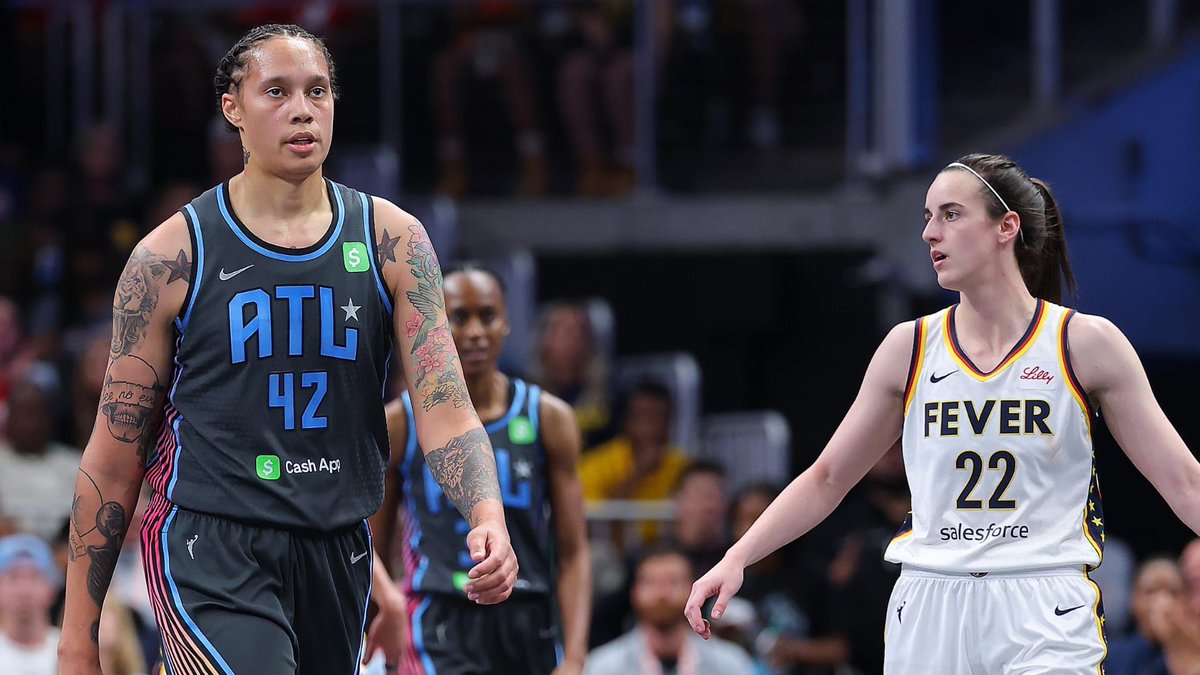
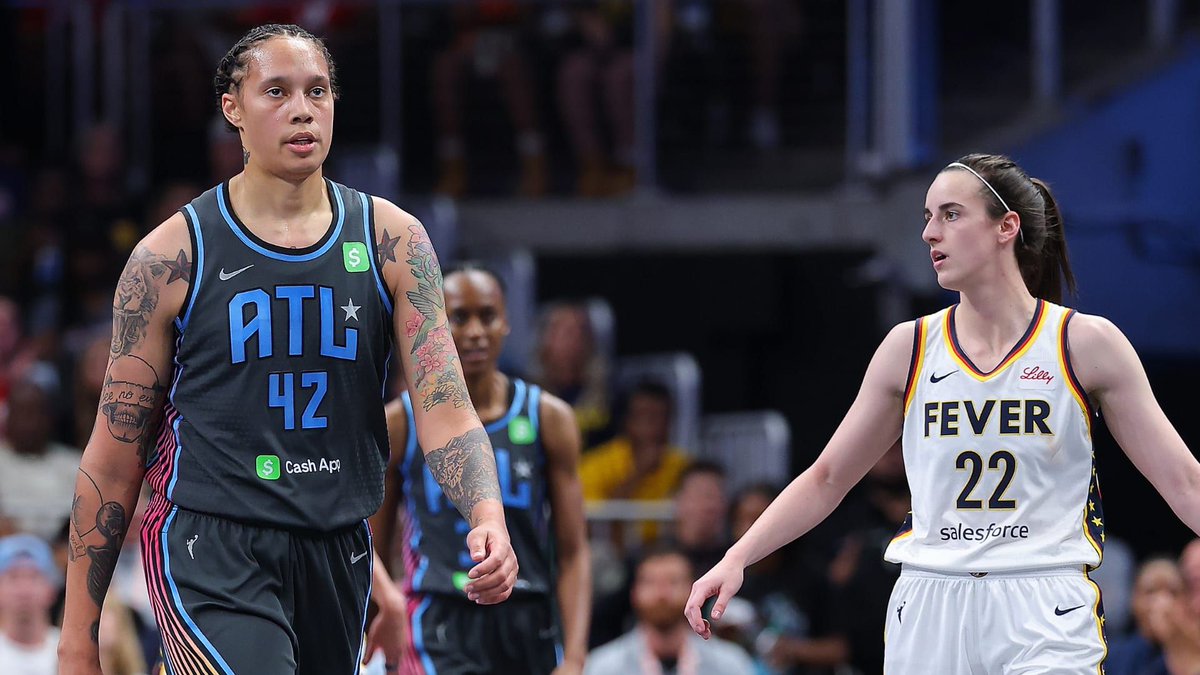

Tristan Thompson has been keeping himself busy, as he continues to make waves in the Web3 space.
Months after launching TracyAI, the Cleveland Cavaliers center was announced as the Chief Advisory Officer for AxonDAO, a decentralized science (DeSci) platform that aims to revolutionize healthcare through AI and blockchain technology.
AxonDAO’s operating company, AXDT Inc., announced Thompson’s appointment in a press release on Thursday (June 19), stating that Thompson was drawn to the company’s mission to “return control of health data to individuals; reward ethical research participation through blockchain-powered incentives; and accelerate innovation in wellness domains such as nutrition, recovery, cannabis and psychedelics, and music-based therapy.”
“Health is wealth. I believe in giving people ownership over their wellness journey, and AxonDAO is building the future of health, data and science in a way that includes everyone,” Thompson said in a statement.
As the Chief Advisory Officer, Thompson will help AxonDAO expand into athlete-specific health markets, helping craft campaigns and marketing strategies that focus on recovery, sleep, nutrition and mental health. He will also lead outreach to other high-profile figures, including his fellow professional athletes.
“Athletes understand the importance of recovery, focus, and self-awareness,” he said. “What we’re building with AxonDAO doesn’t just benefit professionals – it helps people live better, longer, and stronger lives.”
Health
Alessia Russo explains why she's ditched social media
Russo reflects on the mental toll of online abuse as she prepares for Euros campaign Photo by Justin Setterfield/Getty Images Alessia Russo has revealed she no longer uses social media during major tournaments after admitting she was previously “sucked into” reading abusive comments that affected her focus and wellbeing. Advertisement Advertisement Advertisement The Arsenal and […]


Russo reflects on the mental toll of online abuse as she prepares for Euros campaign

Photo by Justin Setterfield/Getty Images
Alessia Russo has revealed she no longer uses social media during major tournaments after admitting she was previously “sucked into” reading abusive comments that affected her focus and wellbeing.
Advertisement
The Arsenal and England striker, who is preparing for next month’s UEFA Women’s European Championship in Switzerland, spoke candidly about the psychological cost of exposure to online criticism, calling it “really damaging” and urging fellow athletes to protect themselves from it.
“I think every player might have a different story about that side of the game, but it’s definitely one that can be really damaging,” Russo said. “I have faced it in the past and I think most players here have. When I was younger I probably got sucked into it more. I read it more than I should have and listened to it more than I should have. The only opinions that matter are my team-mates, my coaches and my family.”
Russo continued: “I think you have to remember that they are the people you need to lean on in tough times. As I’ve got older, I understand more what works for me. In my first Euros I was on social media and I would have a look, have a scroll, and I got caught in a trap sometimes.

Photo by Catherine Steenkeste/Getty Images
“Going into the World Cup, I completely came off everything and I had people to run my Instagram. I just focused on the tournament. Staying away from it and staying focused as a team is what works for me.”
Advertisement
Her comments came a day after Katie Boulter, Britain’s top-ranked female tennis player, revealed she and her family had received death threats following tournament defeats. Russo said she could “empathise completely” with that experience, stressing the need for athletes to prioritise their mental health.
The 26-year-old heads into the summer in arguably the best form of her career, having played a decisive role in Arsenal’s UEFA Women’s Champions League triumph. She scored seven goals in 11 matches in the competition, alongside 12 goals in the Women’s Super League.
-

 High School Sports2 weeks ago
High School Sports2 weeks agoParents Speak Out As Trans Pitcher Throws Shutout In MN State Quarterfinals
-

 Professional Sports2 weeks ago
Professional Sports2 weeks ago'I asked Anderson privately'… UFC legend retells secret sparring session between Jon Jones …
-

 Health2 weeks ago
Health2 weeks agoOregon track star wages legal battle against trans athlete policy after medal ceremony protest
-

 Professional Sports2 weeks ago
Professional Sports2 weeks agoUFC 316 star storms out of Media Day when asked about bitter feud with Rampage Jackson
-

 NIL3 weeks ago
NIL3 weeks agoMen's college basketball Top 25 reset
-

 Motorsports1 week ago
Motorsports1 week agoNASCAR Weekend Preview: Autódromo Hermanos Rodríguez
-

 Rec Sports3 weeks ago
Rec Sports3 weeks ago2x NBA All-Star Reacts to Viral LeBron James Statement
-

 College Sports3 weeks ago
College Sports3 weeks agoOKC’s Mark Daigneault knows what it takes to win championships. His wife has won a ton of them
-

 Social Media3 weeks ago
Social Media3 weeks agoControversial Athletics Gender Dispute Goes Viral After Riley Gaines Lashes Over Authorities
-

 Motorsports3 weeks ago
Motorsports3 weeks agoCorey LaJoie to make nine NASCAR Truck Series starts with Spire Motorsports



































